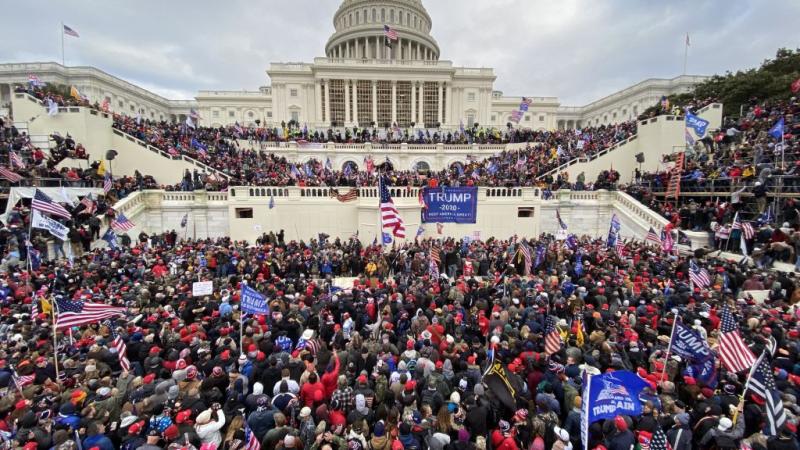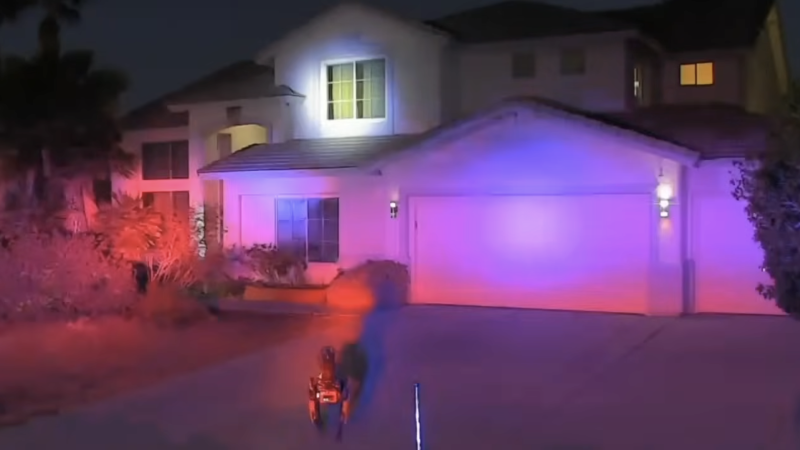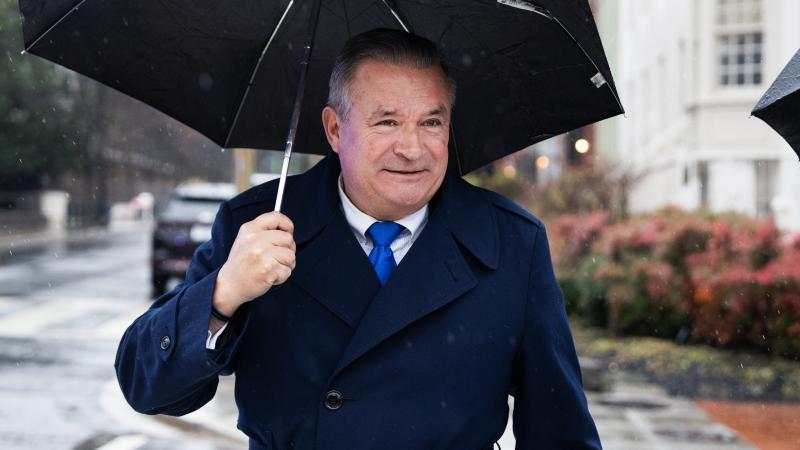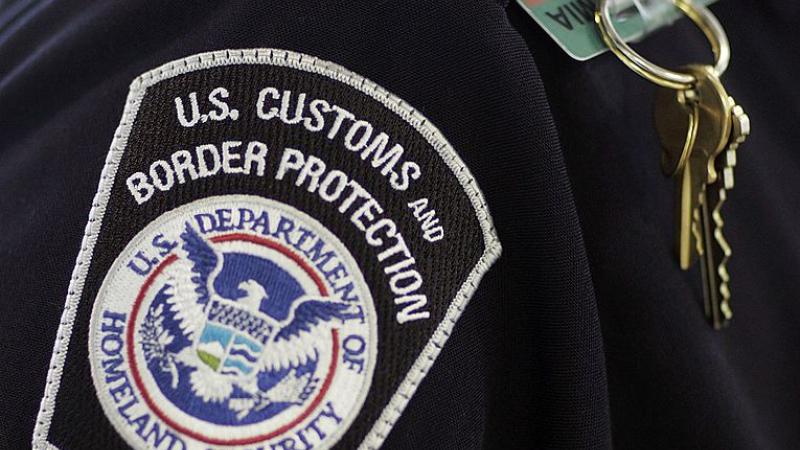Rosenstein memo tasked Mueller to investigate already-discredited Steele allegations
Allegations in Rod Rosenstein's August 2017 scoping memo about Carter Page had already been traced to Russia intelligence misinformation campaign.
Then-Deputy Attorney General Rod Rosenstein instructed Special Counsel Robert Mueller in August 2017 to investigate allegations against former Trump campaign adviser Carter Page that originated with the Steele dossier and had already been discredited by the FBI, a newly declassified memo showed Wednesday night.
The Justice Department's release of the unredacted version of Rosenstein's so-called investigative scoping memo provided the first declarative evidence that Mueller was asked to investigate widely suspect allegations from Christopher Steele's opposition research conducted for the Clinton campaign and Democratic Party back in 2016.
Specifically, Rosenstein's memo instucted Mueller to investigate "allegations that Carter Page committed a crime or crimes by colluding with Russian government officials with respect to the Russian government's efforts to interfere with the 2016 election for President of the United States, in violation of United States law." Recently declassified evidence has shown that by the time that instruction was given, the FBI had:
- fired Steele as an informant for leaking;
- interviewed Steele's sub-source, who disputed information attributed to him;
- ascertained that allegations Steele had given the FBI specifically about Page were inaccurate and likely came from Russian intelligence sources as disinformation;
- been informed repeatedly by the CIA that Page was not a Russian stooge but, rather, a cooperating intelligence asset for the United States government.
Former House Intelligence Committee Chairman Devin Nunes, who long called for the release of the unredacted scoping memo, said Wednesday's development confirmed his worst suspicions. He accused prior officials of the Justice Department of unnecessarily hiding the evidence from Congress and the American people before Attorney General William Barr intervened.
“This information was redacted until now for one single reason — to hide the fact that false allegations from the Steele dossier were included in Mueller’s scoping memo," Nunes told Just the News. "In other words, a bunch of lies paid for by the Democrats were used to engineer the appointment of a Special Counsel to drag the Trump administration through the mud for years. The Russia collusion hoax was a disgrace, and we can’t let anything like it ever be repeated.”
The degree to which the FBI had discredited Steele's intelligence reporting on Page — including allegations he colluded with Russia — only came into focus with the December, 2019 release of DOJ Inspector General Michael Horowitz's report on FBI abuses of the FISA surveillance that targeted Page. In addition, just-declassified evidence showed the FBI had learned by February 2017 that Steele's information on Page was likely disinformation from Russian intelligence planted with Steele.
"Most relevant to the Carter Page FISA applications, the specific substantive allegations contained in Reports 80, 94, 95, and 102, which were relied upon in all four FISA applications, remained uncorroborated and, in several instances, were inconsistent with information gathered by the team,” Horowitz wrote in debunking key allegations against Page.
More recently, declassified footnotes made clear that Steele's claim that Page had met back in 2016 with a senior Russian named Igor Sechin and been offered a lucrative finder's fee had been debunked by the FBI by February 2017 — months before Mueller was appointed. In fact, Steele's own source challenged the veracity of the information attributed to him inside the dossier.
“The Primary Sub-source told the FBI that one of his/her sub-sources furnished information for that part of Report 134 through a text message, but said that the sub-source never stated that Sechin had offered a brokerage interest to Page,” Horowitz reported.
“The Primary Sub-Source also told the FBI at these interviews that the sub-source who provided the information about the Carter Page-Sechin meeting had connections to Russian Intelligence Services (RIS),” he added.
Horowitz's footnotes also made clear that the allegations about Page had only come from Steele and had not been substantiated anywhere else by the time Mueller was named.
“We found that the FBI did not have information corroborating the specific allegations against Carter Page in Steele’s reporting when it relied upon his reports in the first FISA application or subsequent renewal applications,” Horowitz wrote.
You can read the full scoping memo here.
















